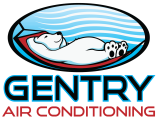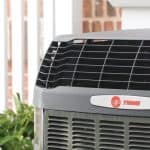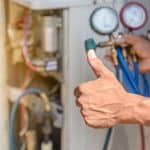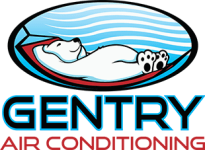
North Texas is known for its hot and humid summers, which means we all rely heavily on our HVAC systems from April through October to keep our homes and offices comfortable. Because we are so reliant on our HVAC systems, it’s important to take steps to ensure that your system will work as reliably and as efficiently as possible all summer long. Some simple tips can make the difference between a comfortable environment and the heat and humidity creeping into your indoor spaces.
Check Filters and Replace as Needed
AC filters are easy to overlook, but they are an important part of your system’s ability to function efficiently. When your HVAC system is used, the filters will quickly become dusty and if not changed, they will restrict airflow and minimize the cooling power of your unit. Depending on the type of system you have, you may need to change your filters monthly, twice a year, or even once a year. Checking your filter now, before we are in the thick of the summer is a great idea, and then make a mental note or calendar reminder to check it again as your system dictates.
Check Your Outdoor Spaces
Living in a hot southern climate means North Texas residents see a lot of growth of trees and shrubs during the spring and summer months. In the spring and throughout the summer, it is important to inspect the outdoor areas around your AC unit to be sure that it is free of branches, shrubbery, and debris. A good rule of thumb is to have at least two feet of clearance around your outdoor unit. Checking on our outdoor unit every couple of weeks will reduce the risk of debris getting caught up in your unit and causing issues.
Schedule Your Professional AC- Check Up
Temperatures are heating up, so now is the best time to call a professional in to conduct a check-up on your AC unit. We conduct a thorough inspection, looking over all components of your AC system to ensure that your unit is ready to work hard for you during the summer months. This checkup gives us the opportunity to discover elements that may need repair now before the repairs become more expensive or worse: render the unit inoperable.











